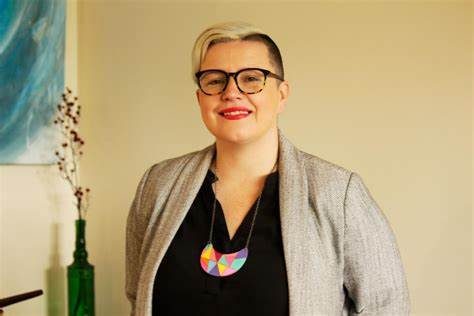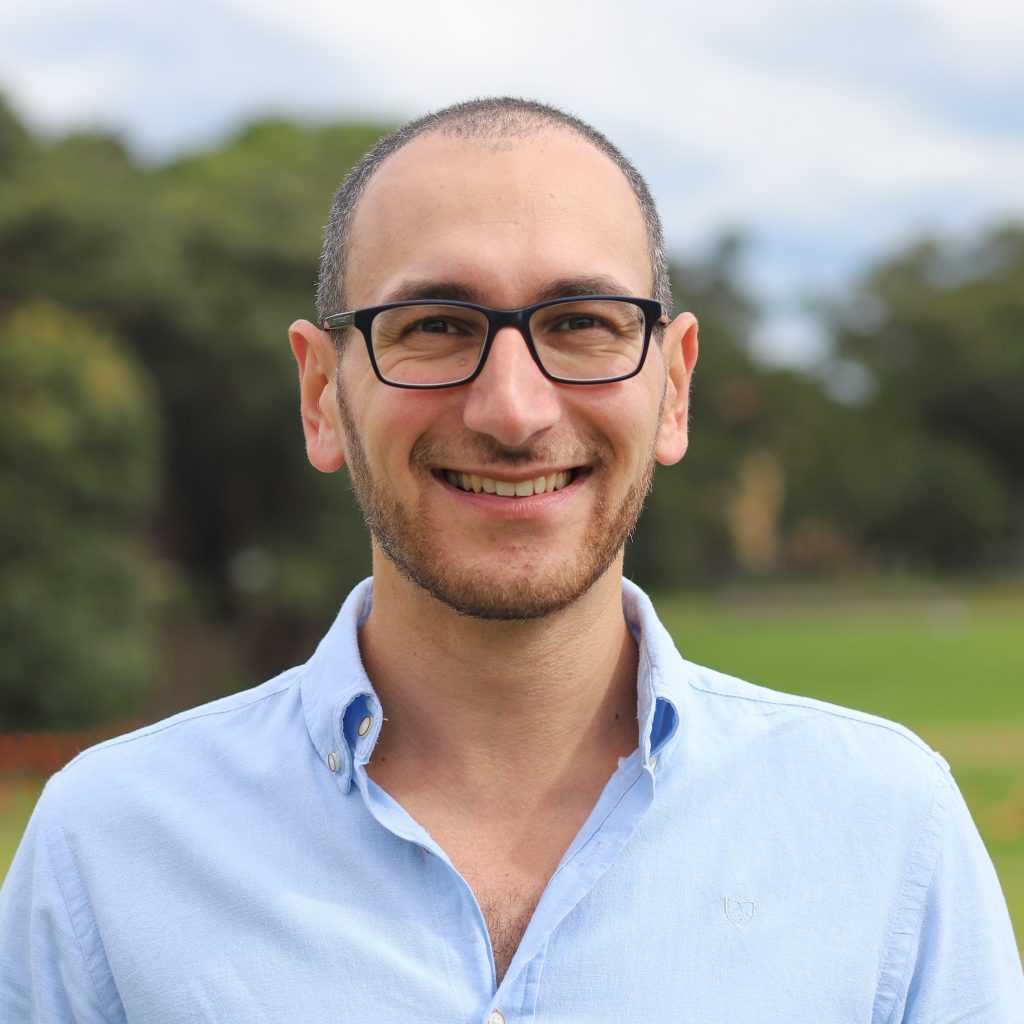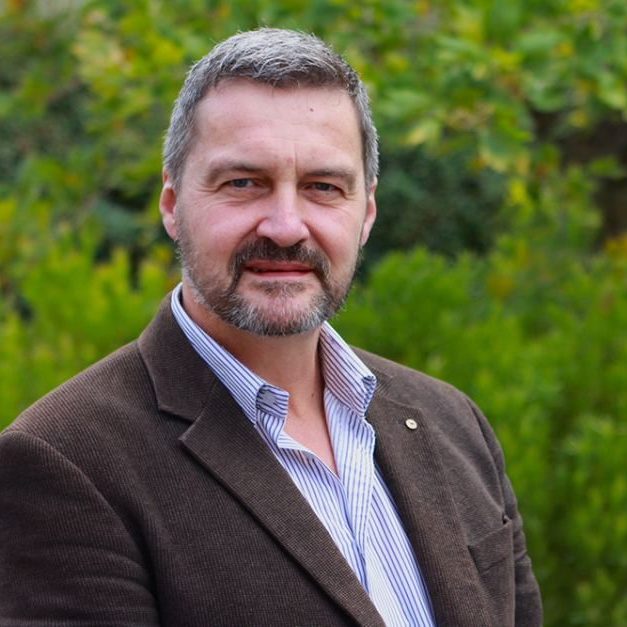
Equality Australia has welcomed a statement of regret from the Australian Bureau of Statistics acknowledging the hurt and distress caused when the census failed to properly count LGBTIQ+ people in 2021.
The public statement, made on Monday after the ABS settled a complaint brought by Equality Australia and April Long, also recognised the exclusion of certain topics and the framing of questions left some LGBTIQ+ people feeling invisible and demeaned.
Equality Australia also welcomed a raft of commitments from the ABS including an LGBTIQ+ Expert Advisory Committee to advise on topics, questions, analysis and dissemination of data for the next census in 2026.
“We welcome today’s statement and the commitments from the ABS which take us a step closer to finally being counted properly,” said Equality Australia’s Legal Director Ghassan Kassisieh.
“The census has told the national story of our changing community since 1911, but it has never included the full story of LGBTIQ+ Australia. The fact is we still don’t know how many LGBTIQ+ people there are in Australia or where they live.”
The ABS statement and commitments come after Equality Australia and non-binary parent and partner April Long (they/them) lodged a formal complaint to the Australian Human Rights Commission in September last year.
The co-complainants alleged the then Assistant Treasurer (Minister Michael Sukkar) and the ABS unlawfully discriminated against April, their family and other LGBTIQ+ people by failing to properly count LGBTIQ+ people in the 2021 Census.
Last week the complaint was privately conciliated between the co-complainants and the ABS, who were representing the Commonwealth.
“We hope this result will build the case for the Albanese government and the ABS to right the wrongs of the past and ensure that LGBTIQ+ people in Australia are properly counted in 2026,” said Mr Kassisieh.
Mx Long said it was time for our national census to include everyone.
“This milestone draws us nearer to a census that truly includes us all,” they said.
In the last census, LGBTIQ+ people who were single, trans and gender diverse, intersex or living in notionally heterosexual relationships were not counted because the Census did not include questions on gender identity, sexual orientation and variations in sex characteristics, with some questions also failing to reflect the diversity of LGBTIQ+ families.
“Some of us are couples but we are not just couples. Some of us are parents but we’re not all mothers and fathers. Not all of us have a straightforward relationship with the sex ascribed to us at birth,” Mr Kassisieh said.
“The Federal Government has an opportunity to reflect the real diversity of the Australian community in 2026 and gather crucial information about the kinds of services all our communities need.”
The ABS will test the topics of sexual orientation, gender identity and variations of sex characteristics before making a recommendation to the Federal Government, which will make the final decision on what information will be collected in Census 2026.
“The 2021 census left my family uncounted, my partner and I excluded as parents, and our son’s family invisible.
“Every individual, parent, child and family deserves to be counted. I look forward to the 2026 census when we can finally tell our son how many kids like him have two mums.”
Commitments made by the ABS include:
- The topics of sexual orientation, gender identity and variations of sex characteristics have been shortlisted on the basis they have recognised public value and will be tested prior to the Government making a decision on 2026 Census topics.
- If ultimately included, the ABS will ask any questions on sexual orientation, gender identity and variations of sex characteristics separately so LGBTIQ+ subpopulations can be meaningfully identified.
- An LGBTIQ+ Expert Advisory Committee will be established to advise on Census 2026, including topics, questions, educational materials, processing, analysis and dissemination of data. The Minister will meet with this Committee.
- The ABS will not include language that requires respondents of same-sex families to assign a notional ‘mother’ and ‘father’ when responding to questions, or which assumes the composition of families.
- The ABS will not assume who can give birth if asking questions about the number of children born.
- The ABS will keep in place non-binary gender options but it will not use the term ‘non-binary sex’ which confused people in the last census and did not result in meaningful data on trans, gender diverse and/or intersex populations.
Equality Australia and April Long were generously represented pro bono by Herbert Smith Freehills and counsel, Ruth Higgins SC, Kathleen Foley SC and Christopher Tran.


